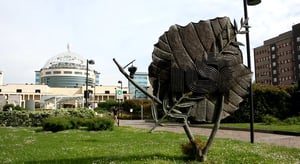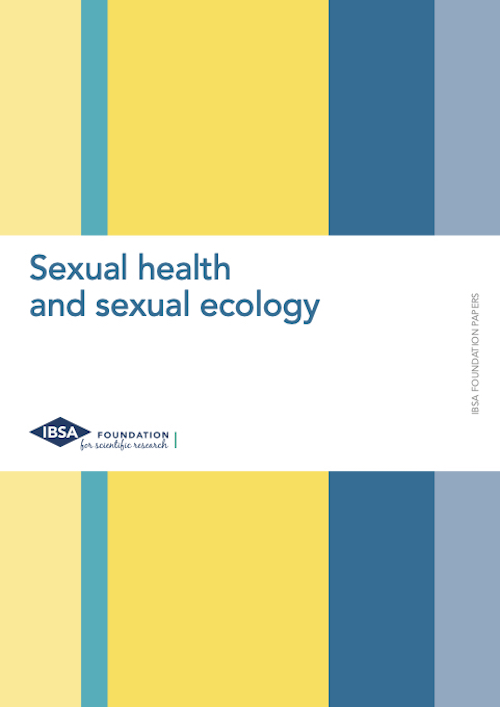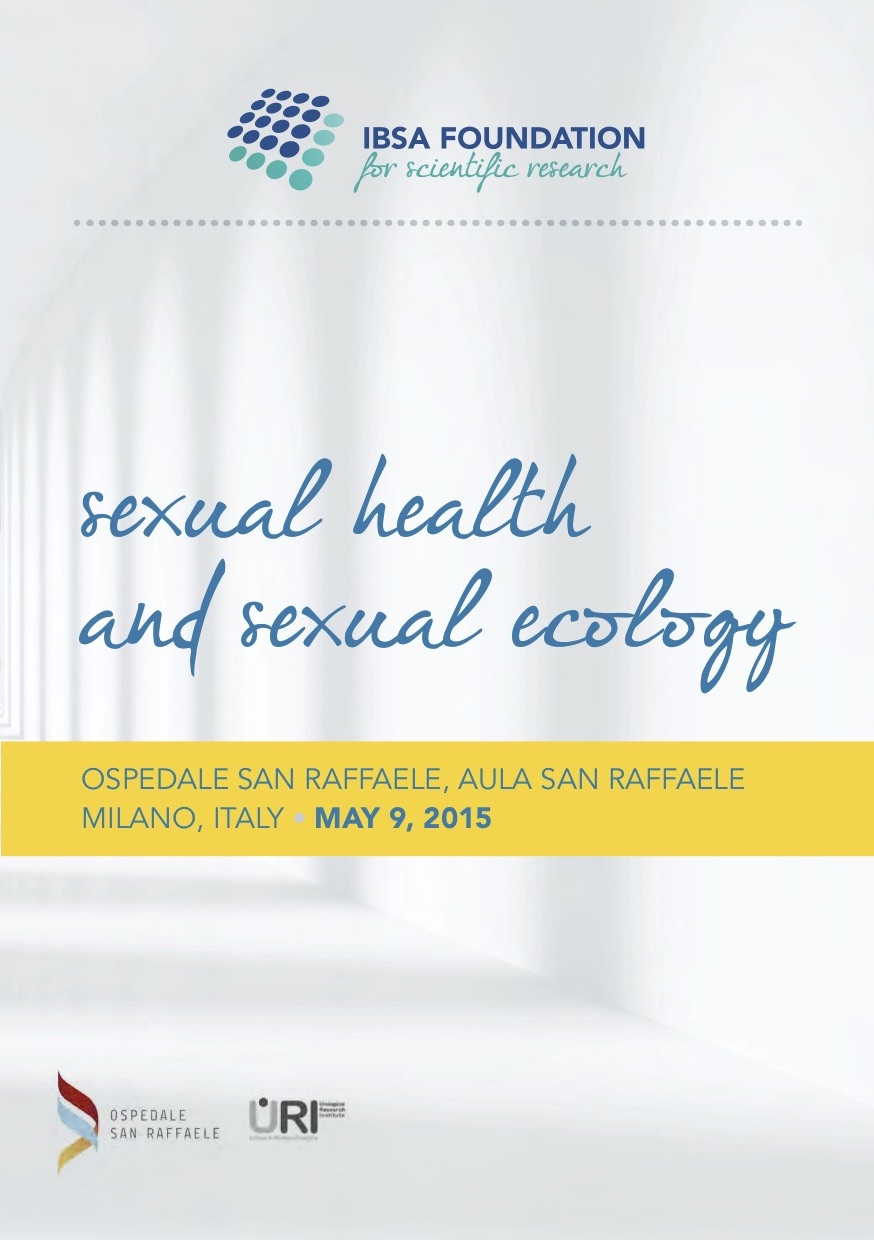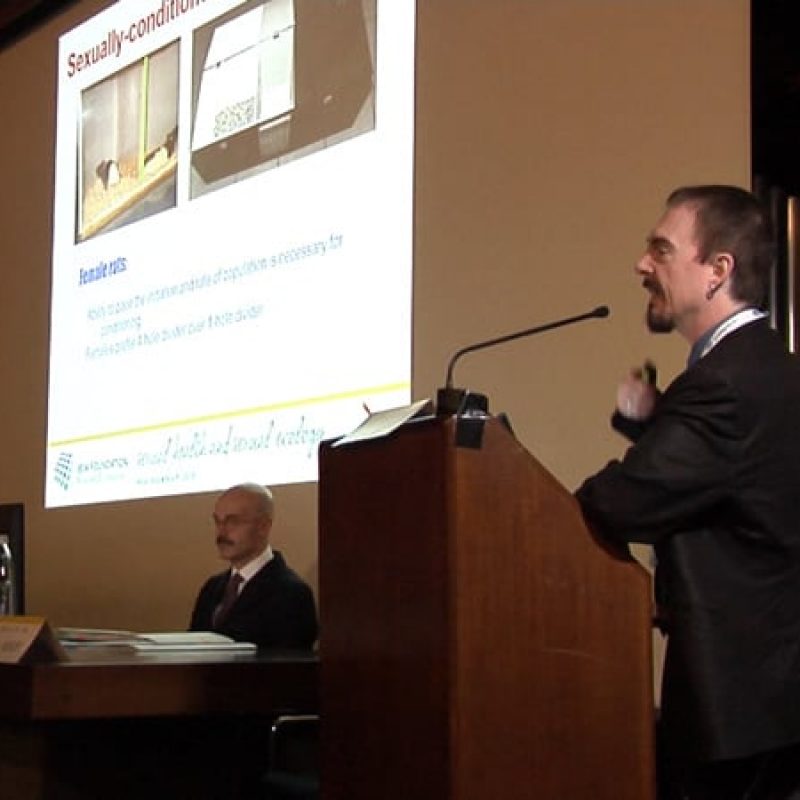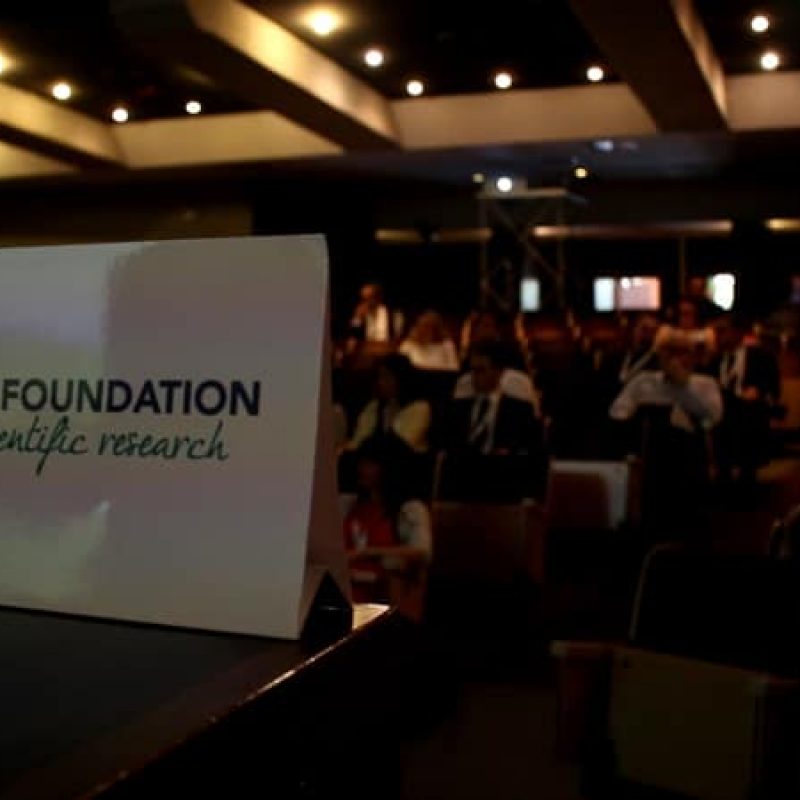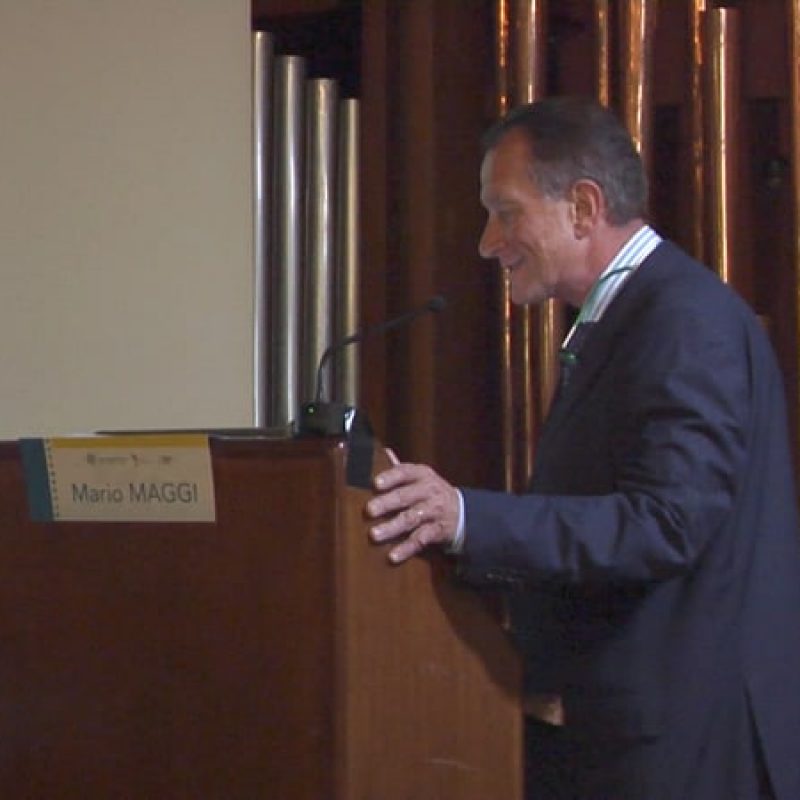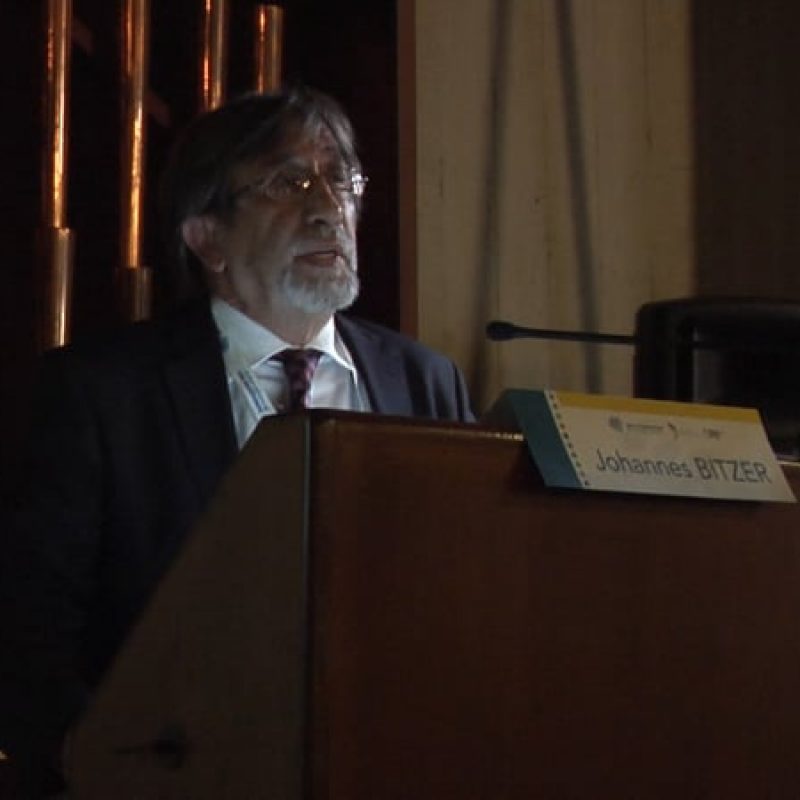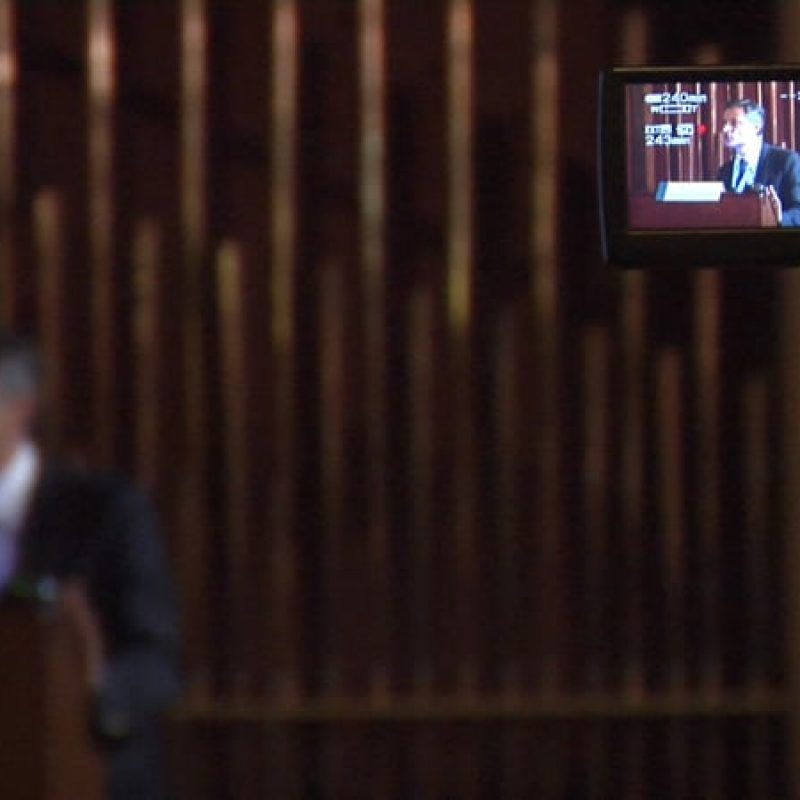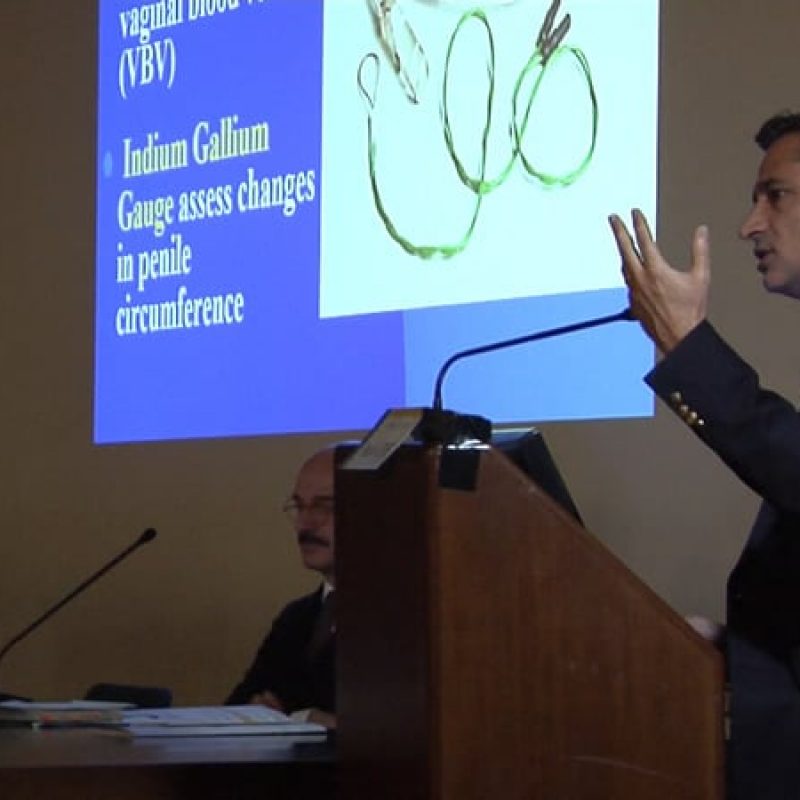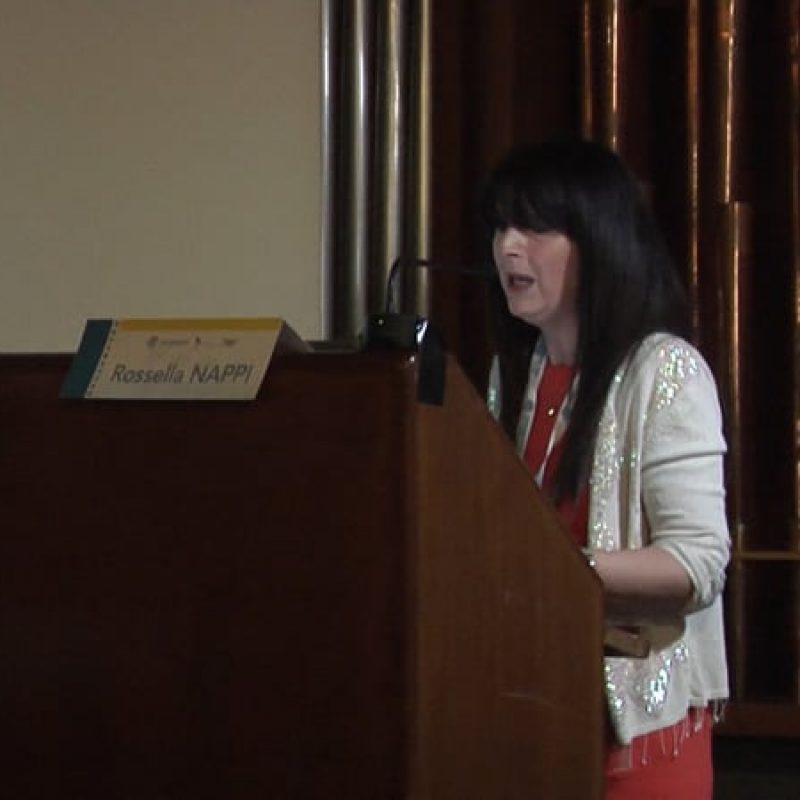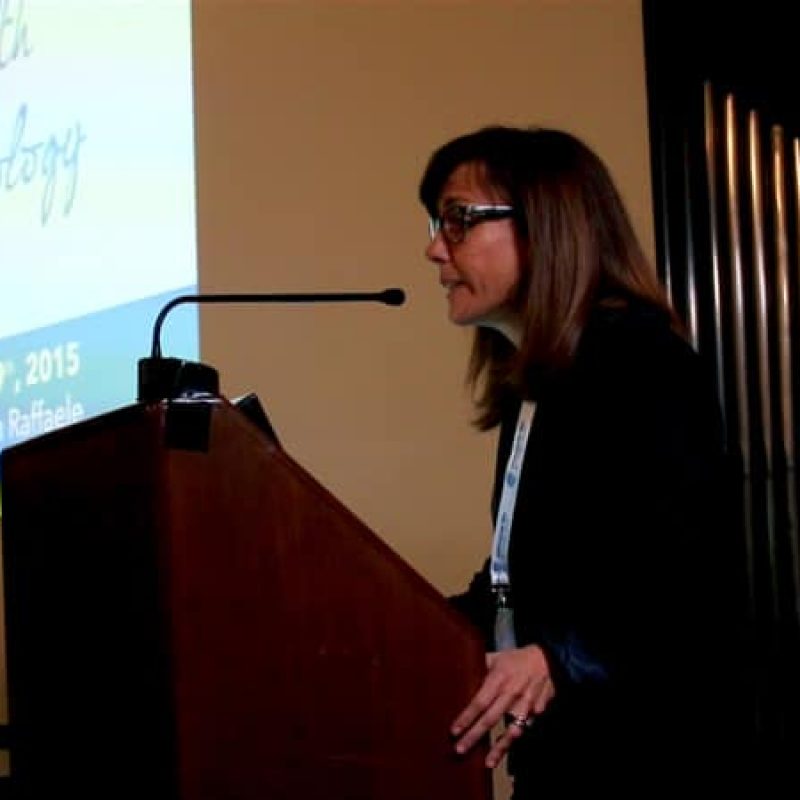Medical specialists and researchers in the fields of neurobiology, psychology, obstetrics/gynecology, urology, andrology and sociology were brought together for an-depth discussion of the various aspects involved in sexual health. They were convened on May 9, 2015, at San Raffaele Hospital in Milan at the Sexual Health and Sexual Ecology Forum organized by the IBSA Foundation for scientific research and the Urological Research Institute (URI), one of the 18 centers of excellence of Milan San Raffaele Hospital and Research Institution.
The Forum provided an opportunity for highlighting the numerous aspects characterizing female and male sexuality, and illustrating how all parts of our body are connected and play a role in it. A 360-degree approach to the theme, and the definition of a new concept, the so-called “ecology of sexuality’. Since sexuality involves not only our body but also our mind, society, religion and traditions, the concept of the “ecology of sexuality” has come about to incorporate the whole set of elements involved in it that are crucial to its characterization.
After the welcome address by IBSA Foundation’s Director Silvia Misiti, and an introduction to the meeting by Dr. Andrea Salonia, urologist, andrologist and Director of URI, the experts gathered at the meeting gave their presentations about the aspects that influence our sexuality in the various stages of our lives and that sexology specialists need to consider when treating their patients. On the psychology front, Jim Pfaus (Professor, Center for Studies in Behavioral Neurobiology, Department of Psychology, Concordia University, Montreal, Canada) drew attention to the fact that sexual behavior can be conditioned by previous experiences, and that especially the first sexual experiences are crucial in that respect.
Also Johannes Bitzer (Division of Psychosomatic Obstetrics and Gynecology and Sexual Medicine, Dept. Ob/Gyn., University Hospitals, Basel, Switzerland) spoke about experiences, urging colleagues to talk to men and women of a more advanced age to help them understand the changes that occur as age advances, encourage them to express their desires and needs, and find with them a solution, one that takes account of their new situation, without expecting to go back to the sex life they had when they were younger.
Under the new ‘ecology of sexuality’ concept, the points of view of gynecologists and andrologists matter too. Rossella Nappi (Research Center for Reproductive Medicine, Gynecological Endocrinology and Menopause Unit, Department of Obstetrics and Gynecology, IRCCS S. Matteo Foundation, University of Pavia, Italy) emphasized the importance of deepening scientific research on female sexual dysfunction (FSD) under a bio-psychosocial approach, noting that FSD, too, involves the interplay of biological, psychological and social aspects. Epidemiological studies have suggested that positive social relationships, and especially a positive couple relationship, may have a beneficial effect on cardiovascular risk for men. The studies conducted by Mario Maggi (Andrology Unit, Department of Clinical Physiopathology, University of Florence, Italy) show that decreased sexual desire is an important indicator of cardiovascular risk. Then, again on the connections between sexuality and our body, Michelin-starred chef Davide Oldani explained the relationship between sexuality and food, showing the role of sensory stimuli, i.e. how smells, colors and flavors stimulate reactions in our body and mind.
A topic which is often neglected when talking about sexual health is cancer. And yet, whatever the body organ affected, cancer can have significant repercussions on the sex life of the patients and their partners. Take breast cancer for example, which is the most prevalent cancer in women. Breast cancer affects sexuality due to the inevitable impact it has on the way women see their body and, more generally, the side effects of cancer treatments. In this respect, Luca Incrocci (Department of Radiation Oncology, Erasmus MC-Daniel den Hoed Cancer Center, Rotterdam, The Netherlands) stressed how important it is to discuss with patients the effects that treatments can have on their relationship and sex life and reassure them that they can adjust to their new situation and return to a normal sex life.
Another prominent guest at the forum was Jasmine Abdulcadir, a physician working with the World Health Organization (WHO). Jasmine Abdulcadir spoke about the cultural aspects related to the violence perpetrated against girls and women in the name of tradition, in horrible practices such as female genital mutilation (FGM). These cases, too, require a multi-disciplinary approach, as in addition to reconstructive surgery to reverse the physical damage, psychological and sexual therapy are needed to heal the emotional scars.
Relatori
- Andrea Salonia, URI-Irccs, Ospedale San Raffaele, Milan, Italy
- Pedro Nobre, Porto University, Portugal
- Mario Maggi, University f Florence, Italy
- Johannes Bitzer, University Hospitals, Basilea, Switzerland
- Alain Giami, UNESCO Chair: Sexual health & human rights
- Luca Incrocci, Erasmus Mc-Daniel den Hoed Cancer Center, Rotterdam, Holland
- Jim Pfaus, Center for Studies in Behavioral Neurobiology, Concordia University, Montreal, Canada
Video interviews
Photos

